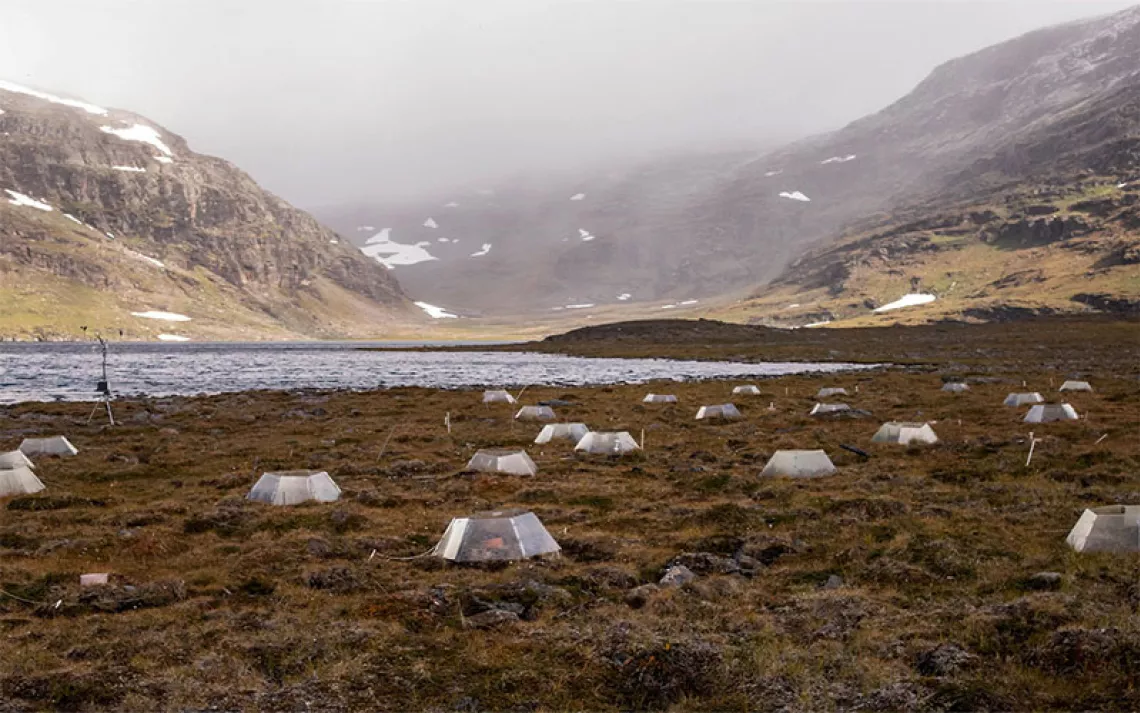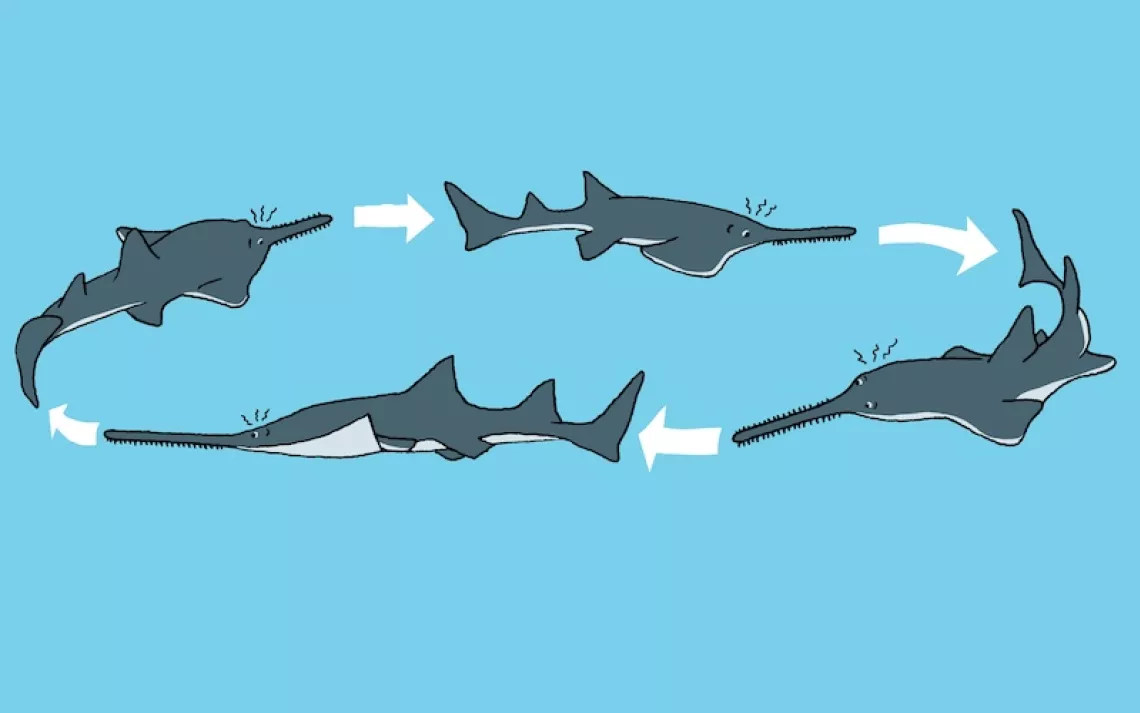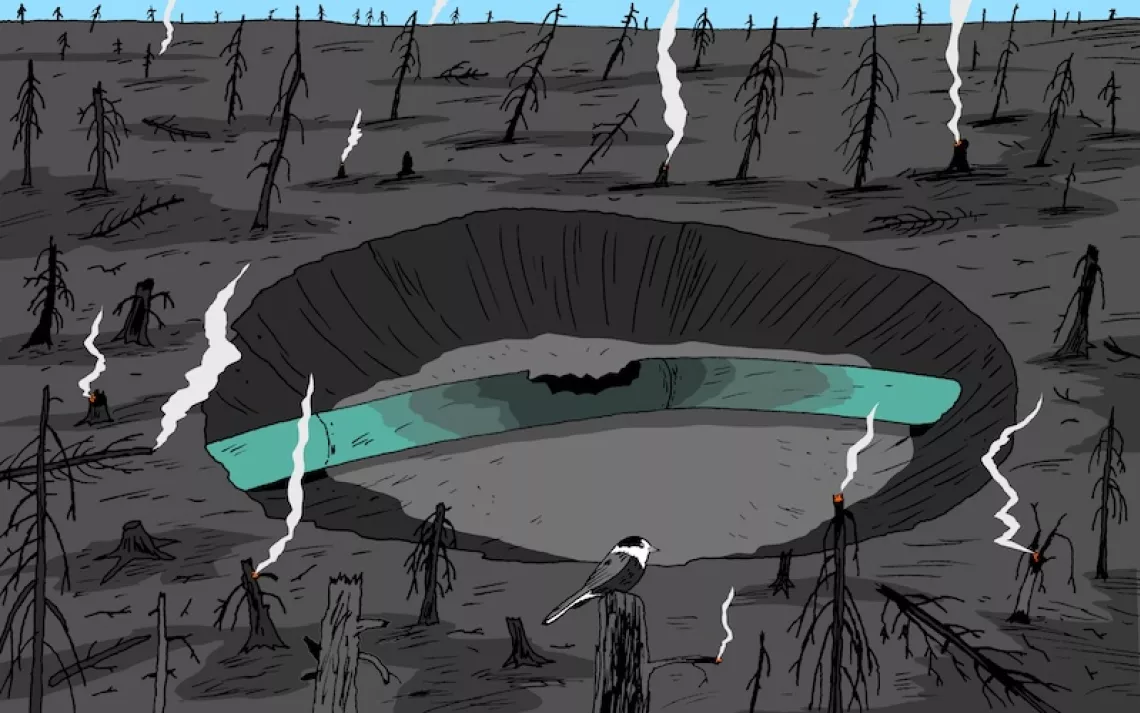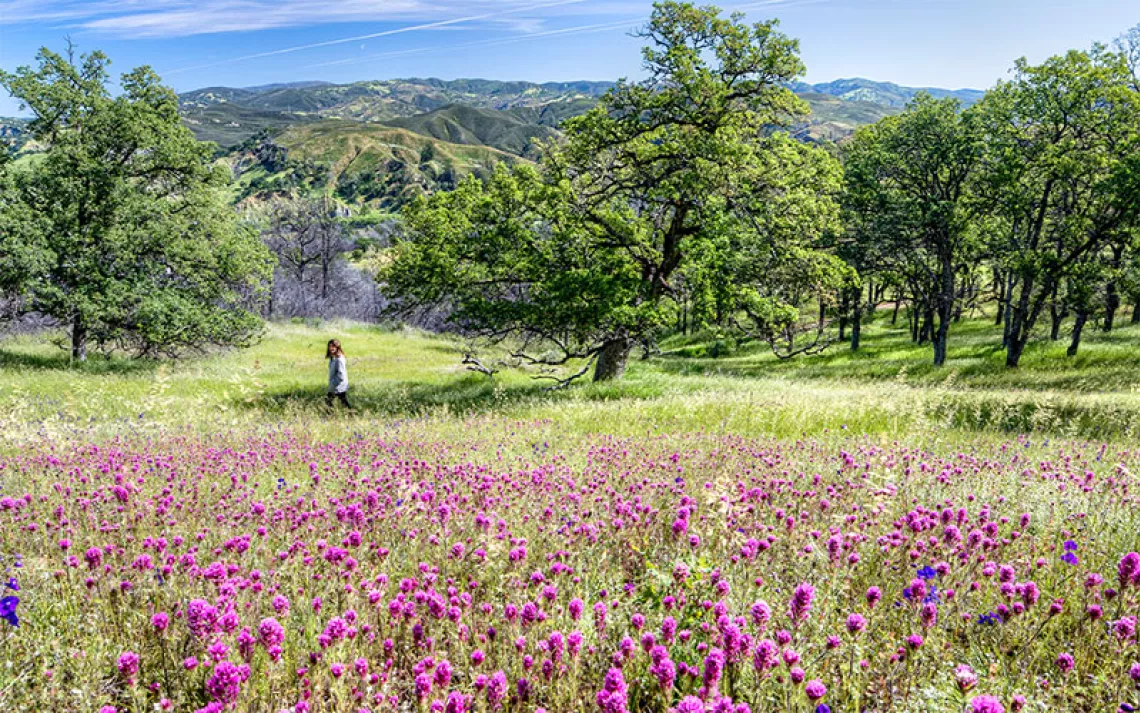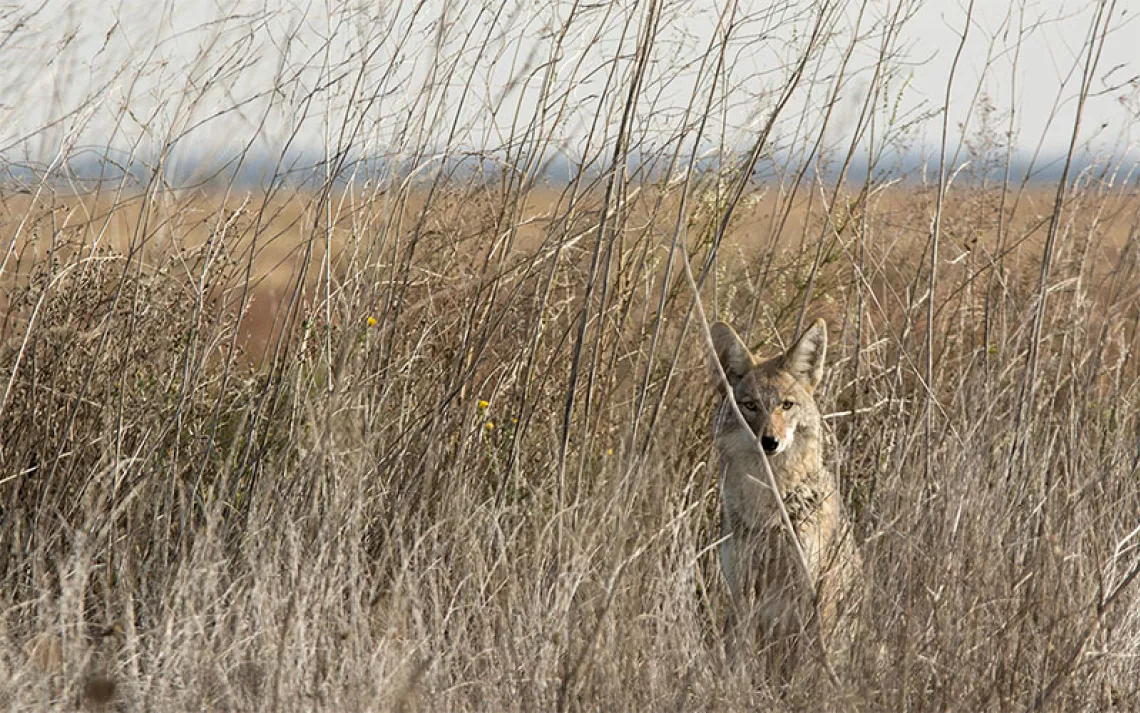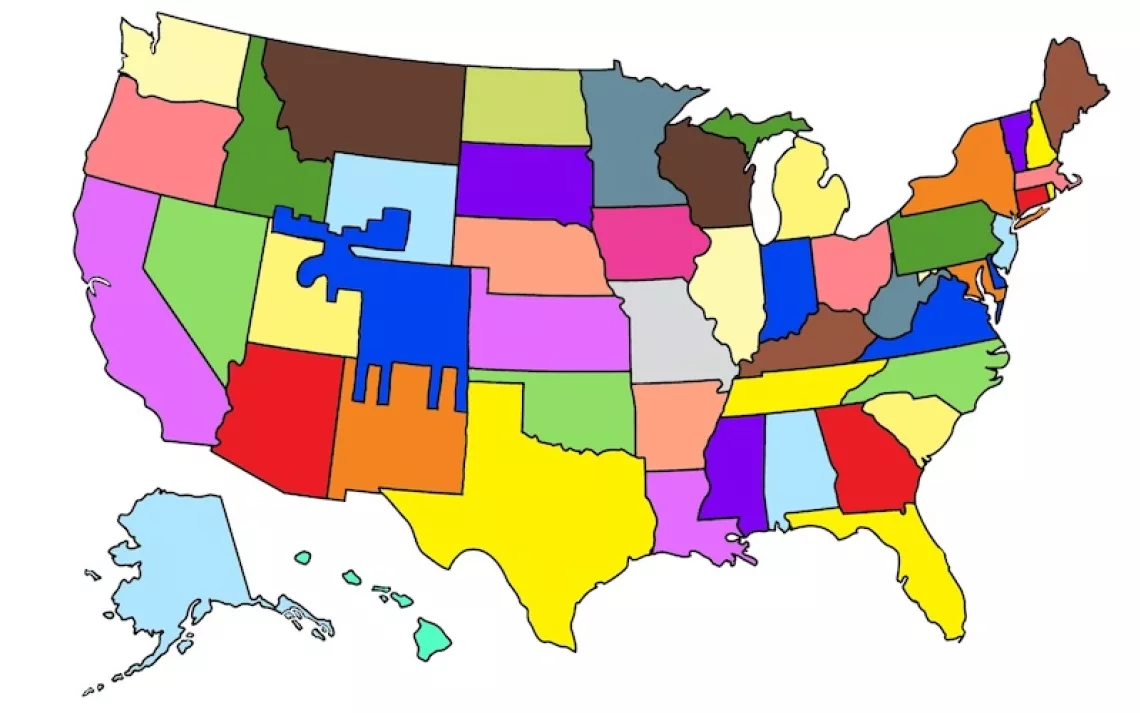How Can We Find Meaning in an Upside-Down World?
Ben Ehrenreich laments a world gone awry as the climate crisis accelerates
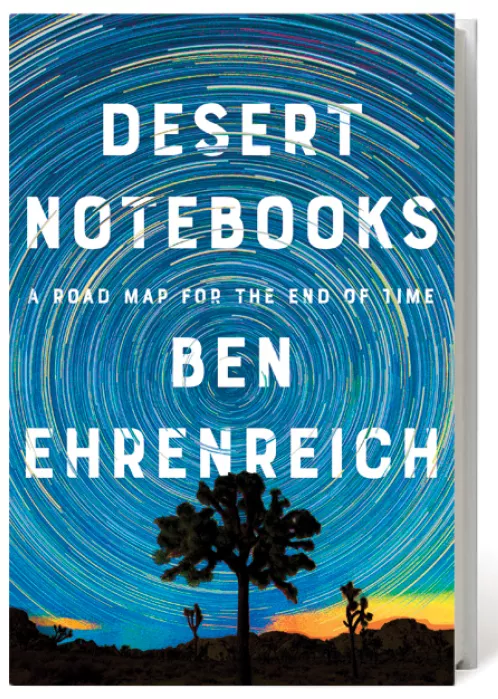
Only the most prescient storytellers could have imagined the present age. City streets are scribbled with tents and polluted air. A carnival barker has vitiated the federal government while advancing a xenophobic creed. A climate crisis threatens civilization's very existence. Where can one turn to consider how we got here? Where do we go from here?
In Desert Notebooks: A Road Map for the End of Time (Counterpoint, 2020), written during stays in Las Vegas as well as Joshua Tree National Park and Landers, California, Ben Ehrenreich weaves together a tapestry of aphorisms and personal essays, colonial history and ancient legends. The anodyne title suggests a writer's placid meditation; not so. Desert Notebooks is a searing indictment of the ascendance of white supremacy over more than 200 years and how the orthodoxy of capitalism has set us on a collision course with climate change. Along the way, Ehrenreich juxtaposes the histories and mythologies of pre-Columbian cultures with the origins of Western "progress." He struggles to understand how these histories have alternately shaped and warped our relationship to time, transforming it from a transcendent phenomenon that "lives in our bodies and in the stars" into something that we "wear like a leash . . . measurable on a management consultant's spreadsheet."
The desert settings become a background to Ehrenreich's ecological grief, shifting from the spiritual vacancies of Sin City's boozy alleyways, Astroturf lawns, and neon lights to the solace of beavertail cacti and the white trumpets of datura along dusty backroads. "The desert enforces its own perspective. It shrinks you and puts eternity in the foreground," he writes, "if you're open to it."
This article appeared in the July/August 2020 edition with the headline "In Search of Lost Time."
 The Magazine of The Sierra Club
The Magazine of The Sierra Club

